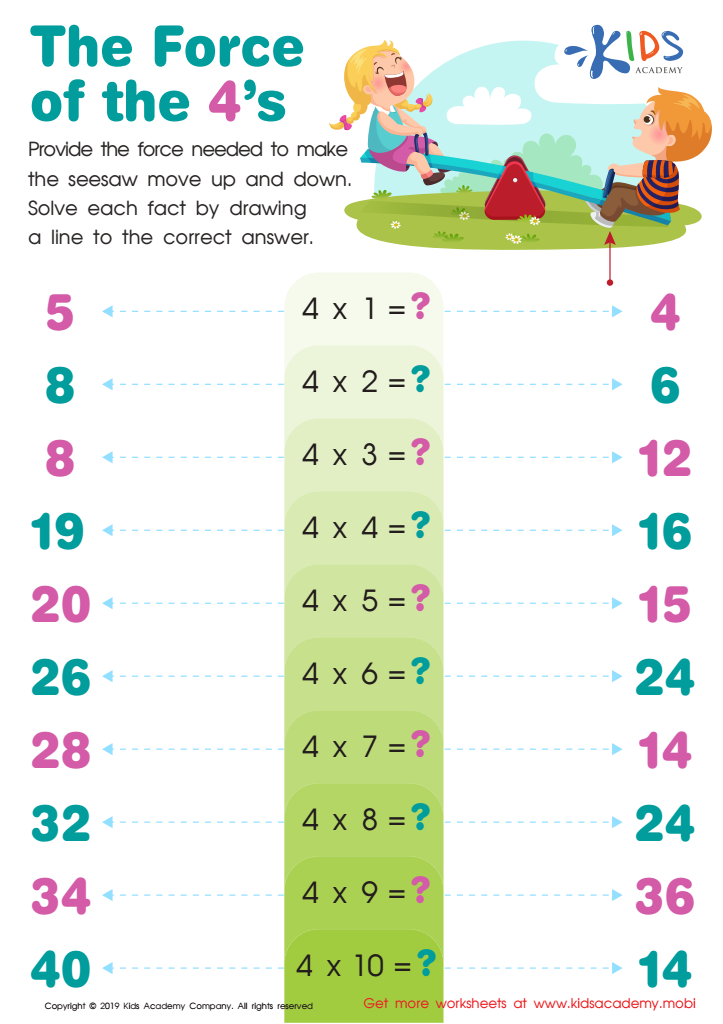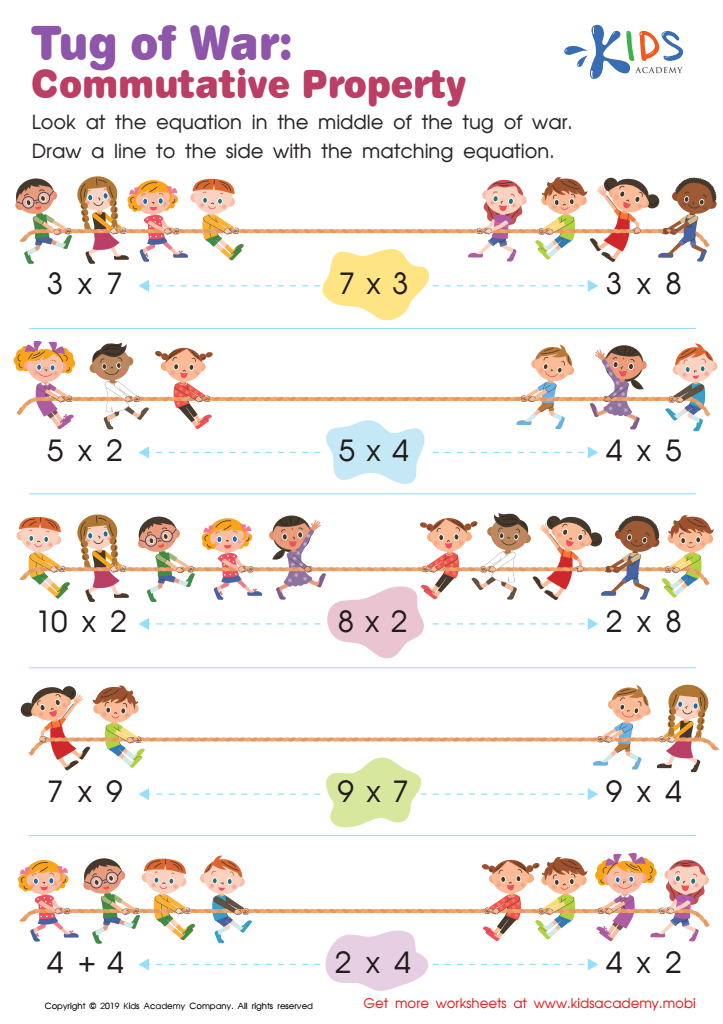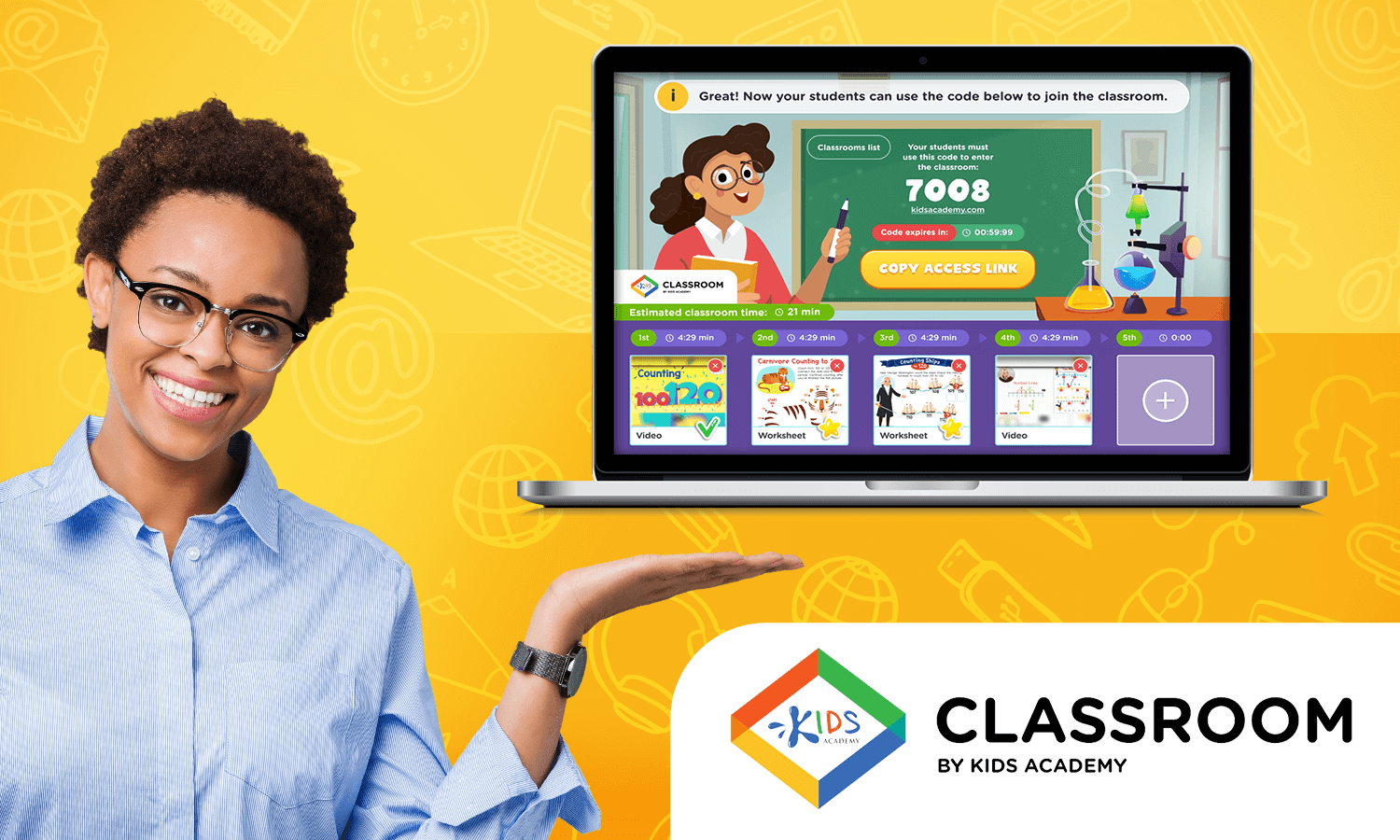Easy Sorting worksheets activities for 8-Year-Olds
2 filtered results
-
From - To


The Force of the 4's Worksheet


Tug of War: Commutative Property Worksheet
Easy Sorting worksheets activities serve as invaluable tools in the foundational stages of a child's learning journey. These activities, designed to be engaging and accessible, are crucial in developing critical thinking, categorization skills, and enhancing a child's ability to recognize patterns and similarities among different objects or concepts. Let's delve into why these easy sorting worksheets are so beneficial for young learners.
Firstly, sorting is a fundamental skill that lays the groundwork for mathematical thinking and problem-solving. Through Easy Sorting worksheets activities, children learn to classify items based on various attributes such as size, color, shape, or type. This process not only sharpens their observational skills but also introduces them to the basics of comparison and contrast, which are essential in math and science.
Moreover, these activities are designed with young learners in mind. The simplicity of Easy Sorting worksheets ensures that children are not overwhelmed, making the learning process enjoyable rather than frustrating. This positive early experience with learning materials encourages a love for learning and exploration that can last a lifetime.
Furthermore, Easy Sorting worksheets activities promote language development. As children sort and categorize, they learn new vocabulary related to the attributes and categories they are working with. This enhances their ability to communicate their thoughts and observations more effectively, boosting their confidence in sharing and discussing ideas.
Additionally, these worksheets are versatile tools that can be adapted to suit various learning environments, including classrooms, homeschool settings, or even as a fun educational activity at home. This adaptability ensures that children can benefit from these sorting activities, regardless of their learning context.
In conclusion, Easy Sorting worksheets activities are more than just simple tasks; they are building blocks for developing essential cognitive, mathematical, and linguistic skills in young learners. By engaging with these activities, children not only learn about sorting but also embark on a broader educational journey that nurtures their overall growth and development.
 Assign to My Students
Assign to My Students



















